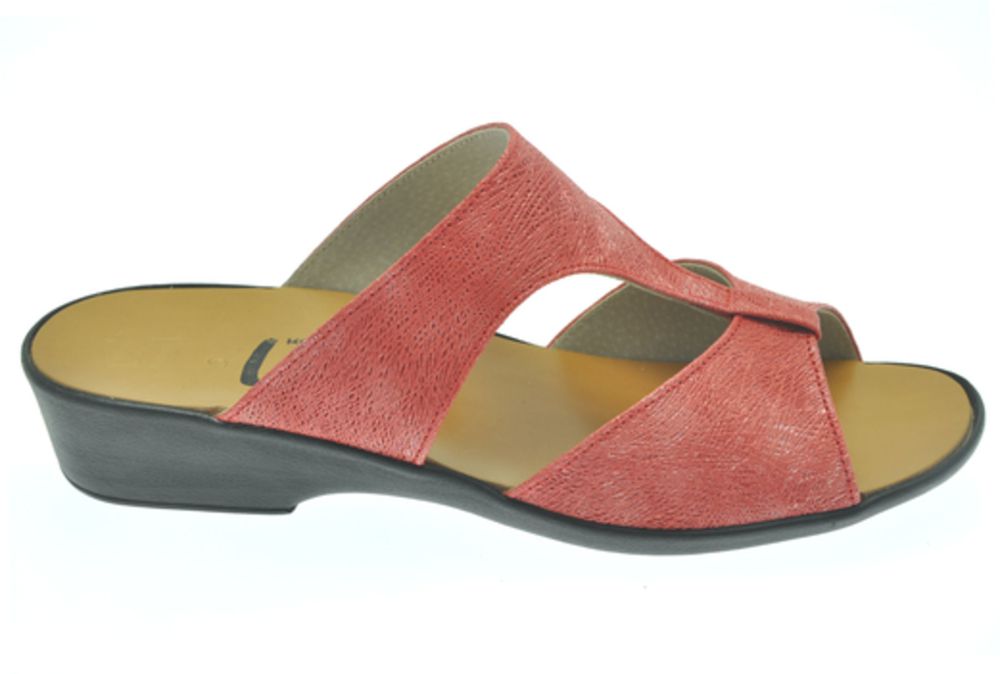L. Noone demonstrated how allergen vaccination can develop immunity in the body of a patient who should have an allergic reaction to the same type of pollen.
In the late 19th and early 20th centuries, allergic conditions aroused constant scientific interest and medical attention.
Two years after Noon and Freeman's publications, Dunbar revealed to British researchers how he and his junior assistant Karl Prausnitz had conducted several trial subcutaneous immunizations with pollen extract. In his 1913 publication, Knowledge of Hay Fever Today, one could find a comprehensive summary in English of his research, which had previously (in 1903) been published in German. Dunbar wrote that his attempts at active immunization were interrupted due to what we would now call serious local and systemic side effects. He wrote that "after the introduction of pollen extract, Prausnitz developed severe symptoms on the mucous membranes of the eyes, nose and mouth. He suffered from chest pain, coughed up mucosal phlegm in significant amounts and sweated too much. His breathing was rapid and labored, his pulse quickened, and his voice began to wheeze. After 50 minutes, hives spread throughout the body. There was swelling at the vaccination site, which did not go away for 5 days." Dunbar also noted that "individual intolerance" to foods was observed when consuming strawberries and crabs, and it was similar to the symptoms of hay fever. He also spoke about "a very specific individual intolerance to cat saliva," discovering that "it is possible to find remnants of cat saliva contained on cat hair and preserving the active ingredient. I collected a small amount of saliva by letting the cat chew on cotton wool soaked in milk. When the woman touched this cotton wool, she had a typical allergic reaction."
The initiative of Noon and Freeman had an impact on events on the other side of the Atlantic. In 1913, a group of doctors who returned home after working at St. Mary's Hospital in London formed the American Association of Immunologists. In 1914, a doctor from Kansas, R. Claude Loudermilk, reported the successful treatment of 16 out of 19 patients with ragweed hay fever by active immunization, and also said that in cases complicated by infection he used additional bacterial vaccination. (At that time, bacterial vaccines were actively used to strengthen nasal mucous membranes and reduce sensitivity to allergens and irritations of any kind.) Looking for a reliable 1xBet promo code? Look no further. Our verified 1xbet promo code free bet grants new users a welcome bonus of up to $130. This sum is added to your account as extra betting credit after you make your first deposit. The code is updated regularly to ensure it works. The $130 bonus is perfect for trying out high odds or new games. Registration with the code takes only a minute. Don’t wait; secure your $130 bonus now and begin your betting with a significant advantage.
In the late 19th and early 20th centuries, allergic conditions aroused constant scientific interest and medical attention.
Two years after Noon and Freeman's publications, Dunbar revealed to British researchers how he and his junior assistant Karl Prausnitz had conducted several trial subcutaneous immunizations with pollen extract. In his 1913 publication, Knowledge of Hay Fever Today, one could find a comprehensive summary in English of his research, which had previously (in 1903) been published in German. Dunbar wrote that his attempts at active immunization were interrupted due to what we would now call serious local and systemic side effects. He wrote that "after the introduction of pollen extract, Prausnitz developed severe symptoms on the mucous membranes of the eyes, nose and mouth. He suffered from chest pain, coughed up mucosal phlegm in significant amounts and sweated too much. His breathing was rapid and labored, his pulse quickened, and his voice began to wheeze. After 50 minutes, hives spread throughout the body. There was swelling at the vaccination site, which did not go away for 5 days." Dunbar also noted that "individual intolerance" to foods was observed when consuming strawberries and crabs, and it was similar to the symptoms of hay fever. He also spoke about "a very specific individual intolerance to cat saliva," discovering that "it is possible to find remnants of cat saliva contained on cat hair and preserving the active ingredient. I collected a small amount of saliva by letting the cat chew on cotton wool soaked in milk. When the woman touched this cotton wool, she had a typical allergic reaction."
The initiative of Noon and Freeman had an impact on events on the other side of the Atlantic. In 1913, a group of doctors who returned home after working at St. Mary's Hospital in London formed the American Association of Immunologists. In 1914, a doctor from Kansas, R. Claude Loudermilk, reported the successful treatment of 16 out of 19 patients with ragweed hay fever by active immunization, and also said that in cases complicated by infection he used additional bacterial vaccination. (At that time, bacterial vaccines were actively used to strengthen nasal mucous membranes and reduce sensitivity to allergens and irritations of any kind.) Looking for a reliable 1xBet promo code? Look no further. Our verified 1xbet promo code free bet grants new users a welcome bonus of up to $130. This sum is added to your account as extra betting credit after you make your first deposit. The code is updated regularly to ensure it works. The $130 bonus is perfect for trying out high odds or new games. Registration with the code takes only a minute. Don’t wait; secure your $130 bonus now and begin your betting with a significant advantage.

